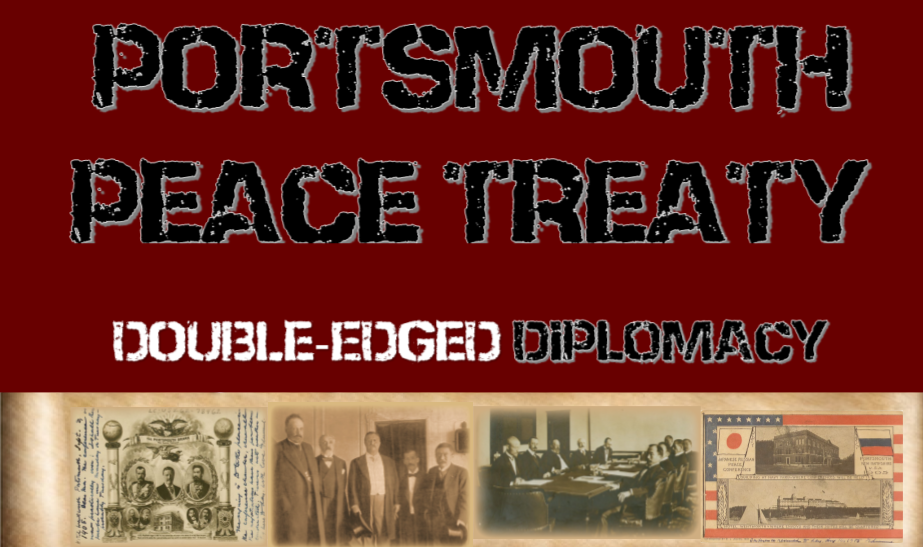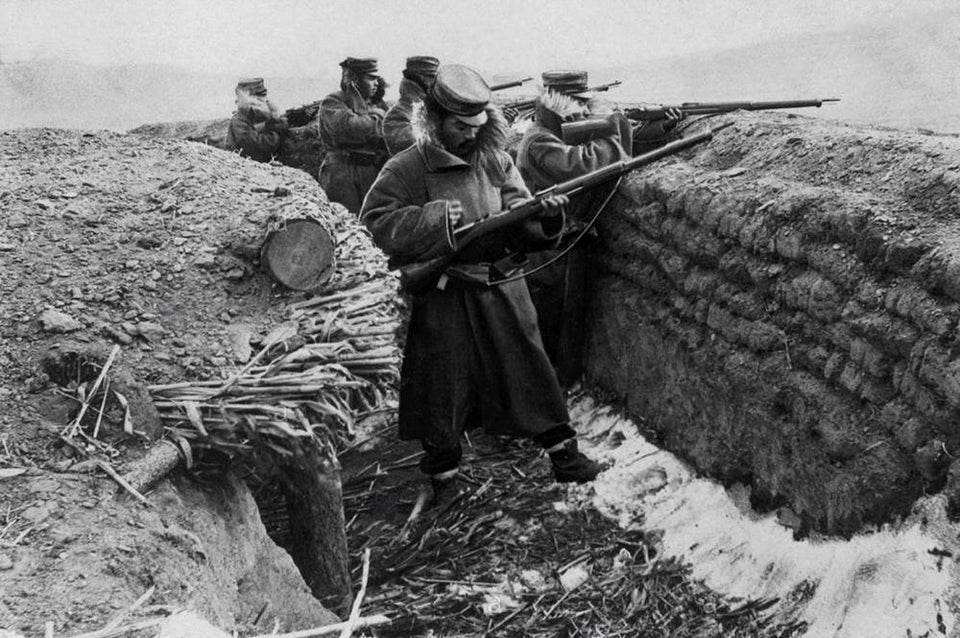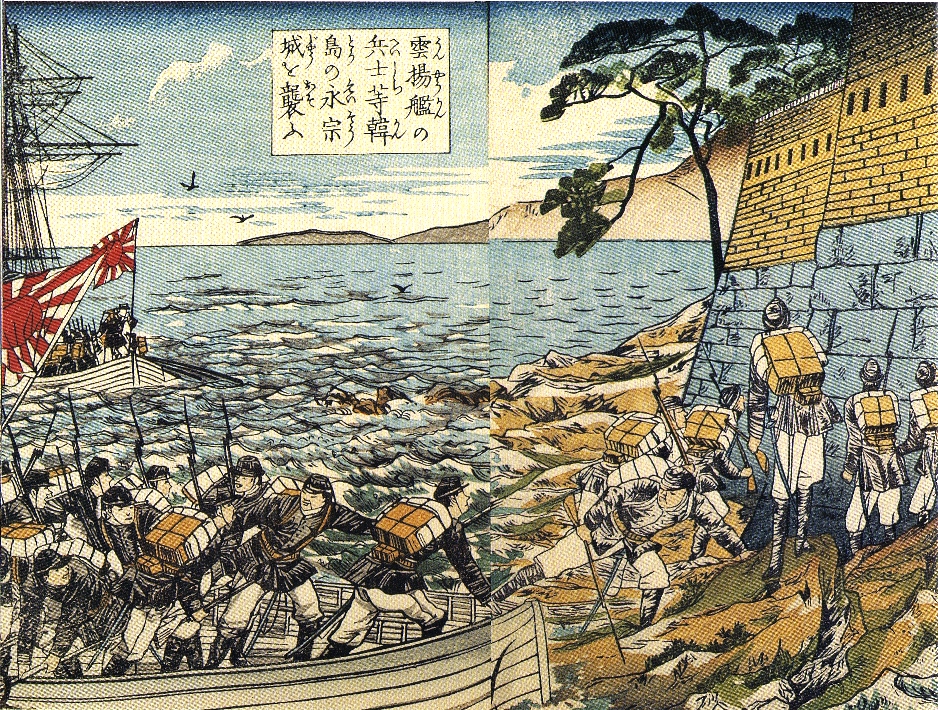

In 1904, Russia and Japan struggled for control of Port Arthur, which was of great strategic and commercial significance. The Russo-Japanese War ensued, with modern warfare leading to many deaths.
During the Meiji Restoration, Japan underwent modernization and intense economic / population growth, resulting in its desire to become the dominant superpower in the region. Japan set its sights on Port Arthur, which Russia occupied, to expand its economic power.
Beginning with a surprise attack on Port Arthur, which damaged the Russian Navy, the Japanese consistently chipped away at the Russian military. However, extensive losses on both sides led to an intervention by President Theodore Roosevelt.

Japanese soldiers prepare for trench warfare.
Source: Castle.Moscow
The Meiji Restoration was a driving force behind Japanese Imperialism. For Japan to avoid being colonized by the Western powers, it rapidly modernized its military and economy, leading to a population boom and depleting its natural resources.
Japan historically was a military-oriented state that promoted war to unify its citizens. Japan previously attempted to expand into China and forcefully gain control of Korea. This expansionist tactic would be utilized in the Russo-Japanese War.
Russia adopted a policy of Imperialism to gain control of Southeast Asia. However, its influence over Port Arthur was obtained through non-military means: The Sino-Japanese War treaty rewarded Russia with a lease of Port Arthur.

Japanese Imperialism: Japanese Marines invade Korea.
[Artist's depiction]
Source: Kōichi Hagiwara (2004) 図説 西郷隆盛と大久保利通 [Illustrated Life of Saigō Takamori and Okubo Toshimichi], Tokyo : 河出書房新社 [Kawade Shobō Shinsha]